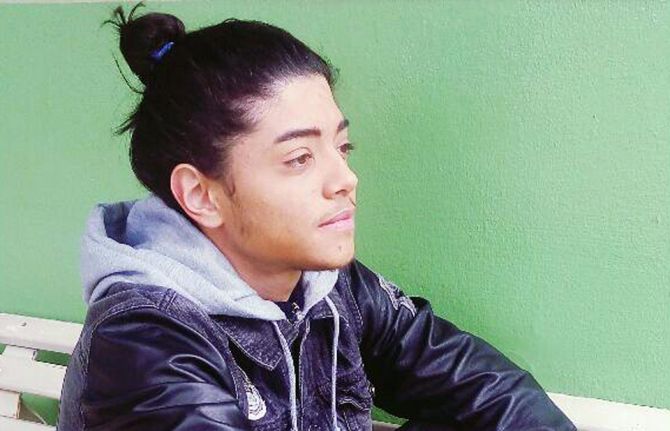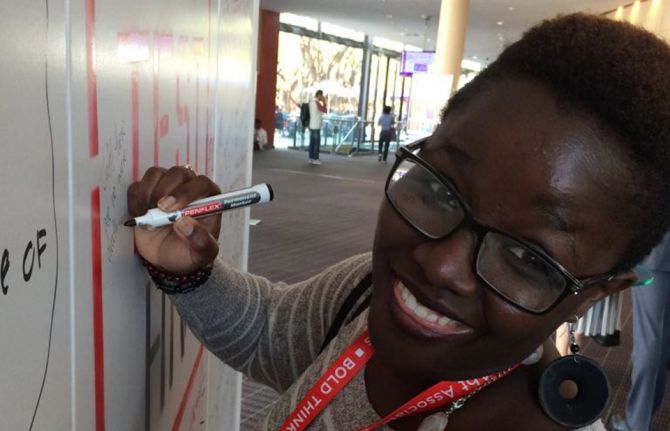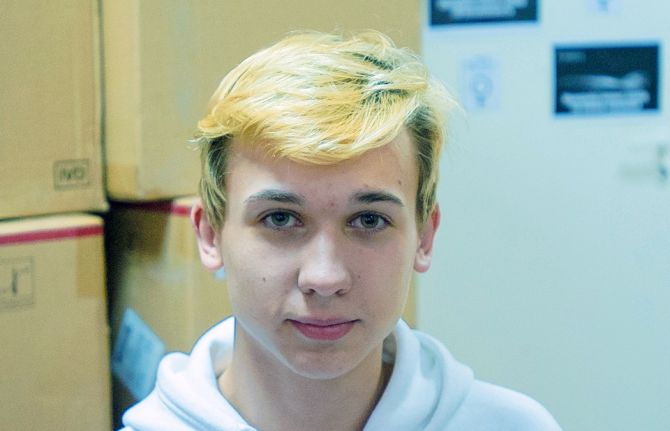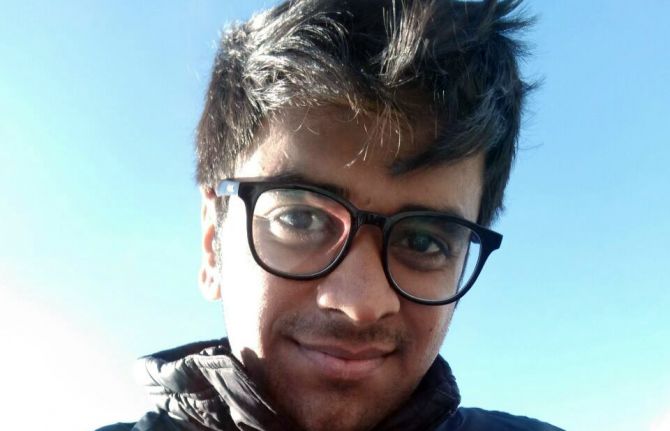




Feature Story
Young people - continuing the conversation on HIV
11 August 2017
11 August 2017 11 August 2017Although new HIV infections and AIDS deaths among young people have decreased, in many places knowledge about how to prevent HIV remains worryingly low. Ahead of International Youth Day UNAIDS spoke to four young people about the challenges they face around HIV.
Pavel Gunaev is 16 years old and lives in St. Petersburg, where he is part of the youth-led network of adolescents and young people living with HIV Teenergizer! Pavel said that in his city young people are not aware about HIV.
“AIDS isn't talked about so young people don’t know about the risks or how to protect themselves from HIV,” he said. “As a result, so many uninformed young people are acting and making decisions based on rumors.” Pavel believes that if everyone does more to inform adolescents and young people and dispel the myths around HIV, ending AIDS will be possible.
Chinmay Modi was born with HIV twenty-three years ago. He is a member of the National Coalition of People Living with HIV in India and country focal point for the Youth LEAD Asia Pacific Network.
“The biggest problem is raising awareness and giving young people age-appropriate information,” he said. In his view, parents are not comfortable talking with their children about sex and society shies away from it too. As a result, he explained, young people are engaging in sex and experimenting new things but with little knowledge of the risks involved.
“Condoms need to be promoted and partners should support youth empowerment so that everyone is held accountable,” Chinmay said. He is also frustrated because in India people cannot access stigma-free HIV services at an early age.
In his view, self-stigma is hampering efforts to tackle discrimination, violence and inequalities related to HIV. That’s why, he explained, he wants more people to share their stories and be positive about being positive.
Moises Maciel couldn’t agree more with Chinmay. He is a 20-year-old LGBT and HIV activist. He became a member of the National Network of Adolescents and Youth Living with HIV/AIDS in Brazil after discovering his positive HIV status two years ago. Since then, he has been on a journey against HIV-related stigma. He has also been motivating his peers to get tested.
“Young people are still at great risk of HIV infection due to a variety of factors such as social marginalization related to gender and racial inequalities,” he said. “In Brazil, young transgender and gay people are particularly targeted,” he explained.
He said that it baffles him to see how stigma and prejudice still dominate despite people living with HIV living healthy lives with the help of antiretroviral therapy. “We should start talking to young people in an open and responsible way about sexuality, sexually transmitted infections, teenage pregnancy and life responsibilities,” Moises said.
Lorraine Anyango, a Boston-based youth health and rights advocate, works to ensure that young people's voices, specifically around HIV, get heard.
“Young people continue to be left out of spaces and discussions on issues that impact their lives,” Lorraine said. “Their autonomy as individual human beings continues to go unacknowledged, leaving them susceptible to the risk of HIV infection.”
In her opinion, young people’s participation in decisions that affect their health can contribute to strengthen national-level accountability, by ensuring that programmes are effectively responding to their needs. Lorraine concluded by saying, “Recognizing youth sexual and reproductive health and rights, and continuing the conversation on HIV will get us closer to ending AIDS by 2030.”



